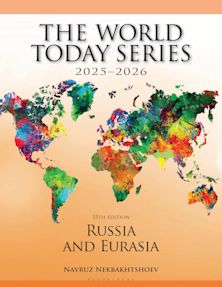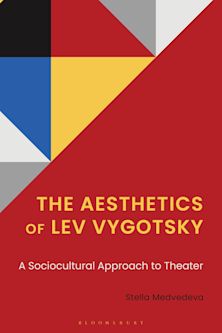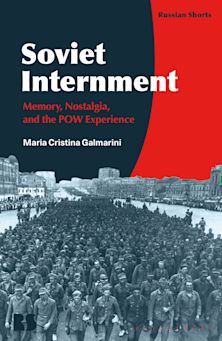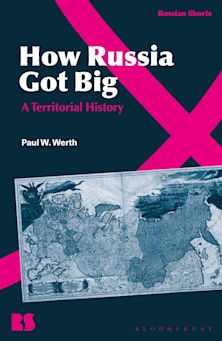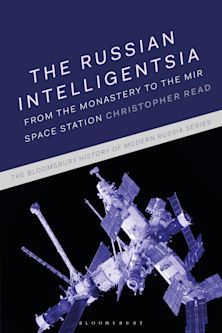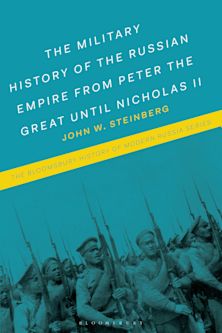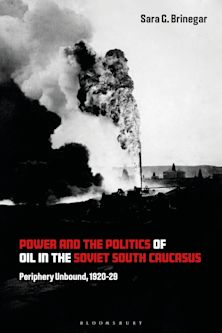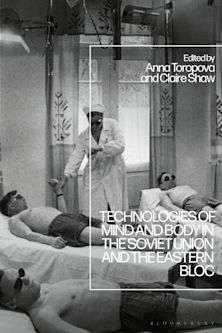- Home
- ACADEMIC
- History
- Russian History
- Sport and Society in the Soviet Union
This product is usually dispatched within 10-14 days
- Delivery and returns info
-
Free UK delivery on orders £30 or over
You must sign in to add this item to your wishlist. Please sign in or create an account
Description
Following Stalin's death in 1953, association football clubs, as well as the informal supporter groups and communities which developed around them, were an important way for the diverse citizens of the multinational Soviet Union to express, negotiate and develop their identities, both on individual and collective levels. Manfred Zeller draws on extensive original research in Russian and Ukrainian archives, as well as interviews with spectators, 'hardcore ultras' and hooligans from the Caucasus to Central Asia, to shed new light onto this phenomenon covering the period from the height of Stalin's terror (the 1930s) to the Soviet Union's collapse (1991). Across events as diverse as the Soviet Union's footballing triumph over the German world champions in 1955 and the Luzhniki stadium disaster in 1982, Zeller explores the ways in which people, against the backdrop of totalitarianism, articulated feelings of alienation and fostered a sense of community through sport. In the process, he provides a unique 'bottom-up' reappraisal of Soviet history, culture and politics, as seen through the eyes of supporters and spectators.
This is an important contribution to research on Soviet culture after Stalin, the history of sport and contemporary debates on antagonism in the post-Soviet world.
Table of Contents
2 Cops and Robbers: Spartak, Dinamo, and CDKA fan communities in Moscow, 1930s-1950s.
3 Beat these Monsters: Stadium violence, state authorities, and media, 1950s-1960s
4 Soviet Couch Potatoes: Football fans and the television, 1960s-1980s
5 Our own 'Internationale': Transnational patriotism around Dinamo Kiev, 1960s-1970s
6 Fan Movement: Organized fan culture and Soviet authority, 1970s-1980s
Conclusion: Football Fever, Authority, Society
Product details

| Published | 30 Apr 2020 |
|---|---|
| Format | Paperback |
| Edition | 1st |
| Extent | 336 |
| ISBN | 9781472979346 |
| Imprint | Bloomsbury Academic |
| Illustrations | 35 bw illus |
| Dimensions | 216 x 135 mm |
| Series | Library of Modern Russia |
| Publisher | Bloomsbury Publishing |
About the contributors
Reviews
-
Creates a good sense of how football fans relate to the Soviet past and how their identities are shaped and have changed over time. This intense focus on football fan culture, gleaned from years of scrupulous archival work and in-depth interviewing makes this book an extremely valuable and original contribution to research on the history and culture of Soviet sport after Stalin.
Slavonic and East European Review
-
A ground-breaking account of football spectatorship in the post-Stalinist Soviet Union. Zeller tackles a range of topics with insight and originality, superbly capturing the everyday experiences of fandom at multiple levels. Rarely has a work of football scholarship shown such sophisticated analysis of mediated spectatorship. This is an outstanding piece of football history and an excellent contribution to the cultural and social history of the late Soviet Union.
Alan McDougall, Professor of History, University of Guelph, Canada
-
Zeller skilfully weaves together interviews, archival documents, and the sporting press to present a rich tapestry of football fandom in the years after Stalin's death. In doing so, this gripping account reveals the complexities and evolving dynamics of a game with mass appeal. This is a highly original study in many respects.
Richard Mills, author of The Politics of Football in Yugoslavia (IB Tauris, 2018)
-
In an outstanding piece of scholarship, Manfred Zeller combines oral history interviews of Soviet football officials and fans with archival documents and press coverage to analyze popular "football fever" in the Soviet Union. This is a must read for anyone interested in late Soviet sport, culture and society.
Jenifer Parks, Associate Professor of History, Rocky Mountain College, USA













